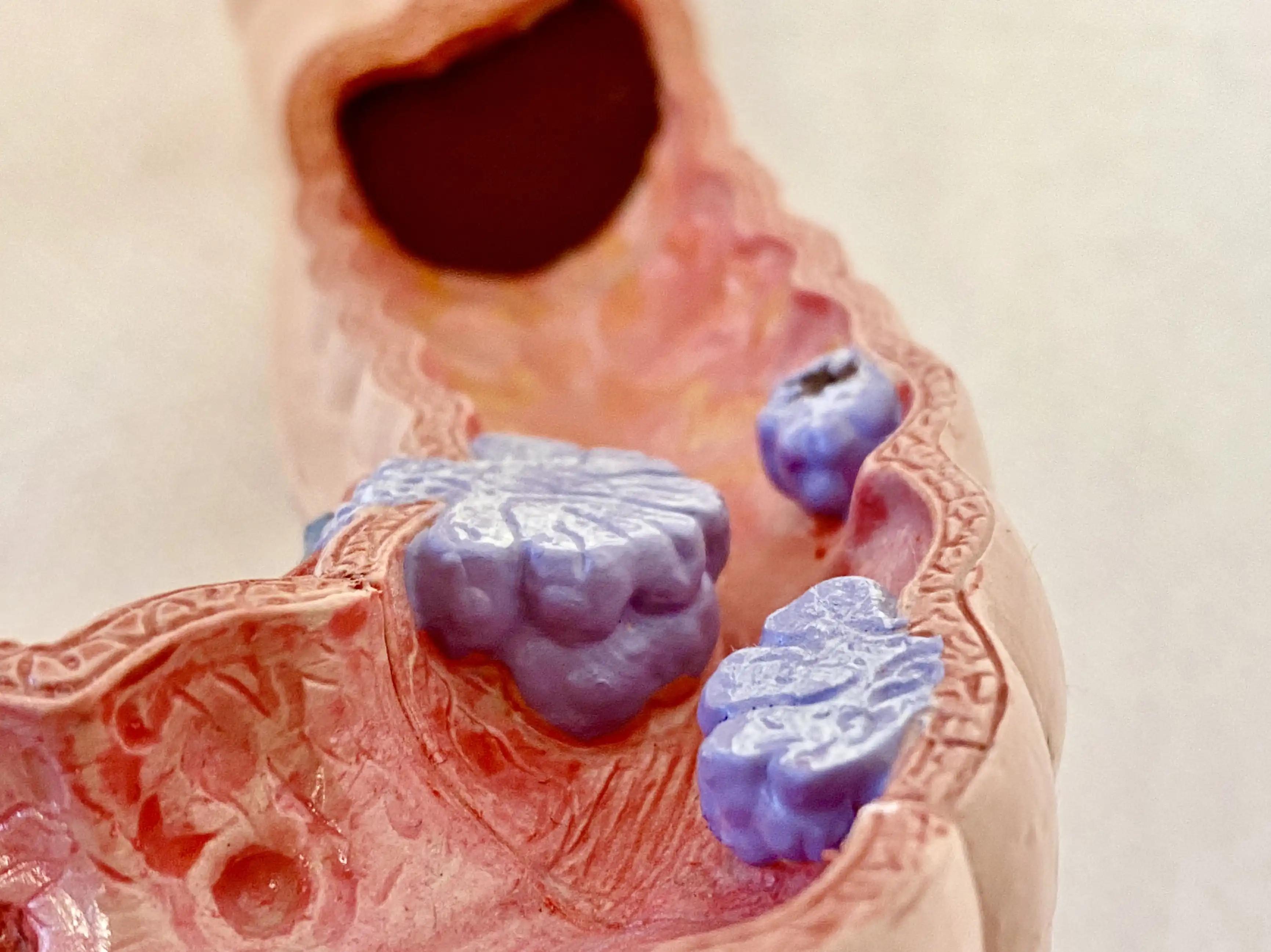KEY TAKEAWAYS
- The AZUR-1 phase II trial aimed to investigate how well dostarlimab works and how safe it is for locally advanced RC pts that have not been treated before and have dMMR and MSI-H.
- The primary endpoint is to determine cCR. Secondary endpoints include EFS3, disease-specific survival, and 5-year OS.
- Pts will be monitored for 5 years after treatment to assess the efficacy and safety of dostarlimab.
Dostarlimab may be a new treatment option for locally advanced rectal cancer(RC) patients(pts) who have not been treated before and have deficient mismatch repair(dMMR). In a small study, all pts who received dostarlimab had their cancer disappear completely.
Researchers aimed to investigate how well dostarlimab works and how safe it is for locally advanced RC pts that have not been treated before and have dMMR and microsatellite instability-high(MSI-H).
The study will enroll approximately 100 pts from 10 countries. To be eligible, pts must be 18 years or older, with no prior radiation, systemic therapy, or surgery for RC. They should have an Eastern Cooperative Oncology Group performance status of 0-1 and no symptomatic bowel obstruction caused by the tumor. Pts must have a tumor with dMMR status or high MSI-H phenotype, determined locally or by the central reference laboratory. Prescreening is available at sites without local dMMR/MSI-H testing. It’s not required if the dMMR/MSI-H status has been previously determined. Dostarlimab (500 mg) will be given intravenously every 3 weeks for a maximum of 9 cycles. The primary endpoint is to determine complete clinical response(cCR) at 12 months, as assessed by an independent central review (ICR) (the 12-month period starts from the first disease assessment after the last dose of study intervention that demonstrates cCR by ICR). Secondary endpoints include 3-year event-free survival (EFS3), disease-specific survival, and 5-year overall survival(OS).
Pts who achieve cCR by the end of treatment will undergo assessments for recurrent disease every 4-6 months for 5 years. These assessments will include various imaging and diagnostic tests. The study will evaluate the effectiveness and safety of dostarlimab in all pts who received at least one dose. The study plans to enroll 100 pts and, based on a range of expected cCR rates (60-95%), will provide a 95% confidence interval with a lower limit within approximately 10% of the observed cCR rate. There are no planned interim analyses.
Source: https://ascopubs.org/doi/abs/10.1200/JCO.2023.41.16_suppl.TPS3639
Clinical Trial: https://www.clinicaltrials.gov/study/NCT05723562
Andrea Cercek, Jean-Baptiste Bachet, Jaume Capdevila, Naureen Starling, Eric Xueyu Chen, Maria Di Bartolomeo, Takayuki Yoshino, Gordana Vlahovic, Eleftherios Zografos, Sean O’Donnell, Zsolt Szijgyarto, and Volker Heinemann. DOI: 10.1200/JCO.2023.41.16_suppl.TPS3639 Journal of Clinical Oncology 41, no. 16_suppl (June 01, 2023) TPS3639-TPS3639.



